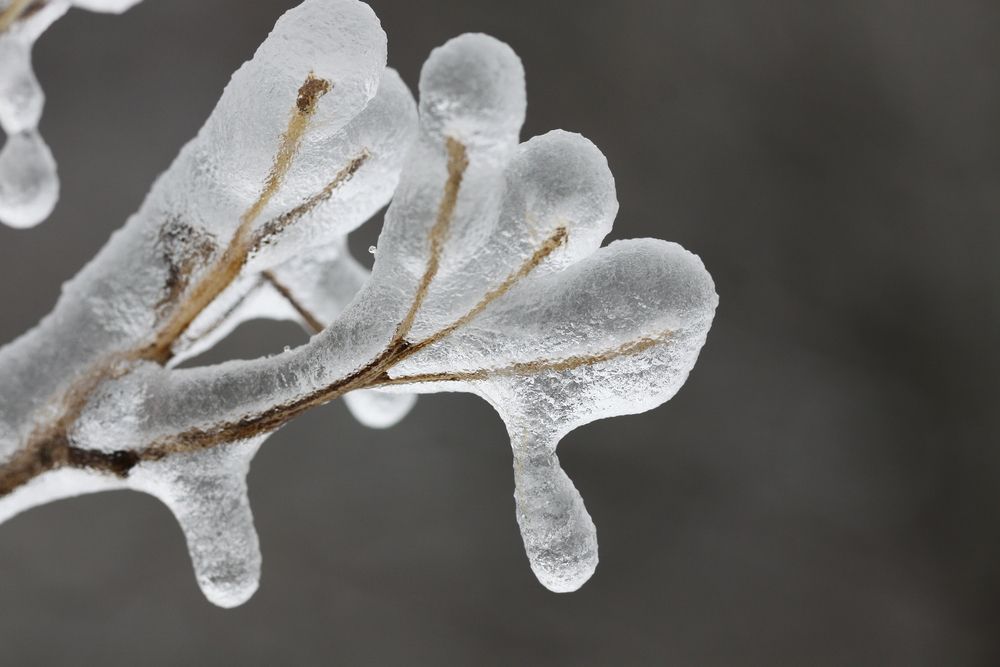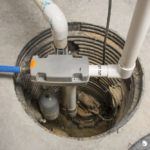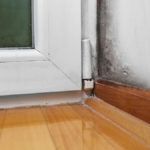
Even though we’re stuck in the middle of winter, with temperatures regularly hitting -30°C and snow piled waist-high, it’s a fact that we’re only a month or so away from brighter days. Hang on, because soon enough the temperature will be (almost) tolerable, the sun will shine, the flowers will bloom, and the snow will melt. This all sounds positive, but melting snow can wreak havoc on your home if you are not prepared.
Understanding the Dangers of Melting Snow
When the snow and ice on your roof begin to melt, the resulting water needs somewhere to go. If your gutters and downspouts are clogged or broken and unable to safely direct water away from your home, this water will pool around your foundation. Likewise, as the snow on your lawn begins to melt, it will direct toward your foundation if your site is not properly graded. Both of these could cause major issues if you have a foundation crack. Snow melt will seep into your basement causing water damage, mould, or worse.
Fortunately, there are steps you can take to minimize the risk of a complication when the snow melts and keep your property safe. Let’s get started:
The Importance of Functioning Downspouts & Gutters
In the fall, you need to check the gutters and drain systems around your house – before the snow even starts. Make sure they are clean and clear, and not clogged with leaves, dirt, and other debris. Follow the path of water and make sure it is being directed safely away from your home, otherwise you may have to add additional drains. Once the snow hits, make sure the area around your downspout is clear so snow/ice don’t clog it. You can certainly do these home improvement projects in the winter, but it’s always easier in the fall. In March/April, do another inspection, as windy weather or the weight of ice/snow could have caused new damage.
The Slope of Your Properly
The slope of your property should always be inclined away from your home, otherwise melting snow will trickle toward your foundation and possibly find a way in. If you notice water pooling, this is a clear sign of a grading issue that needs to be addressed ASAP. Your property should have a minimum five-degree slope away from your home.
Inspect for Foundation Cracks
Who cares about a minor crack in your foundation? You should! If you have any issue with your property grading or gutters/downspouts, melting snow can find a way into your home through foundation cracks (no matter how small), cracks around window wells etc. Additionally, as the snow melts the water will seep into your lawn’s soil, causing a phenomenon called hydrostatic pressure. Hydrostatic pressure presses against your foundation, and water will find a way out – into your basement.
Take Care of Your Sump Pump
A sump pump is your home’s “Plan B” in case of a water leak. Should there be water accumulating in the basement, the sump pump will drain it away and keep the basement dry. A sump pump is not foolproof, however. It runs on electricity, so you need to invest in a backup power source because flooding and power outages often go hand-in-hand. It also needs regular inspections and testing to make sure it is working right. If you like, you could get a sump with an alarm which could alert you of the sump’s efficiency.
Addressing a Problem With Snow Melt
Nobody gets results better than the professionals at City Residential Foundation Repair – it’s our job, after all. Make sure you hire a reputed, professional waterproofing company to get the job done right the first time. It is a small price to pay for perfection and peace of mind.
Remember, a healthy home and a safe home is a happy home. Make it through the initial snow melt, and warm sunny days are ahead!
Sump Pump Installation 101

Do you experience regular flooding or live in an area where the water level is above the property’s foundation? Then you need a sump pump in your basement. What’s a sump pump? It’s a pumping system that removes water that gathers around the foundation of your home and pushes it back away from it. It …
5 Steps to Follow When Searching for Mould

Have you been noticing a damp, musty type of smell lingering in your home lately? This could be a sign of mould. Mould usually thrives in places where moisture is present and where there isn’t a lot of airflow. But beyond the unappealing odour, it can also impact the health of you and your family. …
Basement Just Flooded? Do These Things

It’s that time of year again — flood season. With all the rain that’s expected during the summertime, it’s not uncommon for people to experience floods. But do you know what to do when you find an unexpected pool of water in your basement? Here are 10 steps you need to take whenever you discover …
Reviews